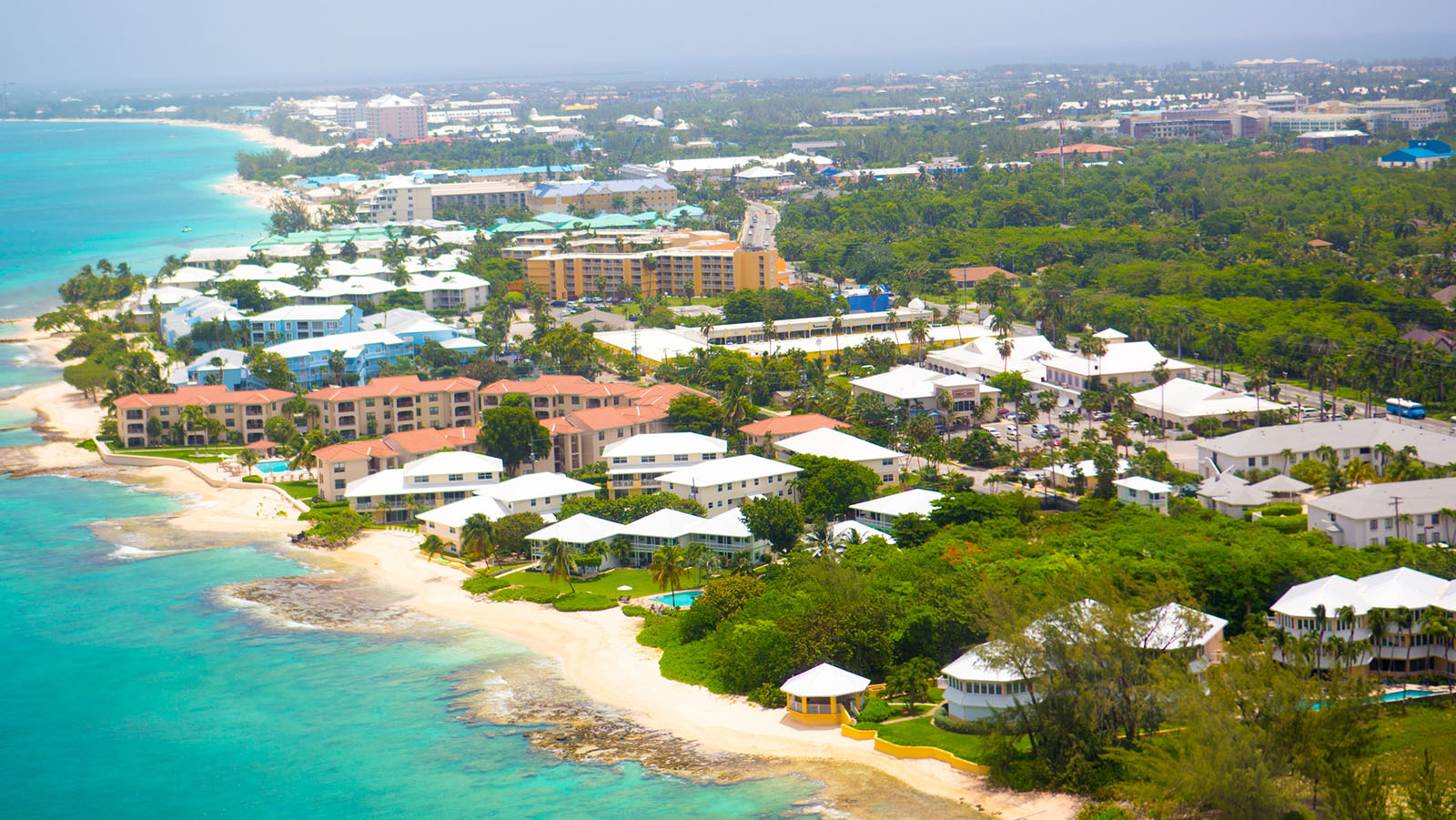May 15, 2025

This information is provided for educational purposes only by Kohn, Kohn & Colapinto and does not constitute legal advice. No attorney-client relationship is created by accessing this content. Laws and regulations may change, and this material may not reflect the most current legal developments. If you believe you have a whistleblower claim, consult a qualified attorney to discuss your specific circumstances.
U.S citizens who become residents of Puerto Rico can reduce their tax burden under various laws, including Internal Revenue Code (IRC) §933. This law exempts Puerto Rican residents from paying U.S. federal tax on the income generated in Puerto Rico.
Some argue that this is a sound strategy to reduce their tax burden. Others see it as a loophole that allow wealthy Americans exploit to avoid paying federal taxes.
The main concern, however, is when the loophole is abused, such as when U.S. citizens utilize the tax loophole, but do not actually reside in Puerto Rico. This is a growing concern for the Internal Revenue Service (IRS) who remains vigilant about such abuse.
This guide aims to explain this loophole, how it’s abused, and what whistleblowers can do to report tax cheats to the IRS. Those who successfully bring original information to the IRS may be eligible to receive an award of between 15 and 30 percent of the total proceeds collected in a successful enforcement action.
Continue reading to learn more about the award program and the protections it offers to tax whistleblowers.
Understanding the Tax Loophole
Puerto Rico offers attractive tax incentives to spur economic growth. However, some of these programs, like Internal Revenue Code §933, Act 20 (repealed), and Act 22, can be misused. Here’s a breakdown of these benefits and the potential issues:
Internal Revenue Code §933
Internal Revenue Code §933 is a section of US tax code that that offers a tax benefit to Americans who become residents of Puerto Rico. Those who earn money while residing and working in Puerto Rico are exempt from paying federal income tax on the income generated.
However, there are some stipulations. To qualify for the benefit, you must not only be a resident for the entire tax year, but you must also prove your residency by providing information about domicile, voter registration, business interests, and your ties to the community.
This section, along with Puerto Rican tax incentives like Act 20 (repealed) and Act 22, has been a point of discussion regarding potential abuse by wealthy Americans seeking to reduce their tax burden, as there are cases when some Americans do not actually live there for the entire year.
It’s important to note, US government employees are still subject to federal income tax.
Act 20 (repealed)
This was enacted in 2012, but later repealed in 2020. Those who received tax exemption under Act 20 before it’s repeal can still benefit from it, which is a reduced tax rate of 4% on income earned on services provided to entities outside of Puerto Rico.
Act 22
This was enacted in 2012 as well and offers 0% tax on dividends and capital gains earned after becoming a resident. Those who became residents between January 2006 and 2012 are excluded.
Abusing U.S. Tax Laws
The most common way in which tax evaders abuse this tax code, is by not actually residing in Puerto Rico while claiming residency. This is done by creating fake documents, registering a vehicle, or other types of tactics to prove domicile.
Other tactics might include:
- Shifting Income Sources: Some might try to artificially shift income sources to Puerto Rico to qualify for tax benefits. This could involve setting up shell companies or manipulating business structures.
- Passive Income Abuse: While IRC §933 offers exemptions, there might be limitations on certain passive income sources like rental income from Puerto Rico. Fraudsters might misreport income types to exploit loopholes.
Puerto Rican and US authorities are already cracking down on such abuse, asking people for residency claims, such as travel documents, utility bills, and other evidence. In some instances, they might examine business dealings or audit tax documents to find inconsistencies.
There have even been some instances of evaders taking boats from Puerto Rico to Florida to avoid proving air travel to and from the island. Those who know of such instances may decide to report his activity to the IRS, as awards are available for those who provide them with original information.
183-Days Rule
To qualify for the exemption, Americans must live in Puerto Rico for 183 days (approximately 6 months) out of the year, and meet all the IRS requirements of proving your desire to be in Puerto Rico.
IRS Whistleblower Program: Reporting Tax Cheats
The IRS whistleblower program offers awards to individuals with knowledge of tax fraud, which can range between 15 and 30 percent of the monies collected in a successful case. However to become eligible, the amount evading, including penalties and interest, must exceed $2 million.
Whistleblowers can report their concerns using IRS Form 211, Application for Award for Original Information, which contains information about the suspected abuse (e.g., fake residency, income manipulation, lying about residency or business structure).
You may report your concerns to the IRS anonymously, however you must have a U.S. based attorney present if you wish to seek an award. Regardless, the IRS does an outstanding job protecting the identity of whistleblowers through strict confidentiality.
Seeking Legal Assistance
Given the complexity of whistleblowing, we suggest hiring a whistleblower attorney who specializes in such cases. A whistleblower attorney who deals in tax related cases has a firm understanding of tax law and can explain everything clearly. They can also help you build a strong case, and try to get the maximum award amount possible (30%) for your information.
Furthermore, a whistleblower attorney can protect you against retaliation, help you manage the emotional stresses, and provide you with peace of mind. An attorney can advise you on your legal rights and help prevent or address any retaliation attempts.
Many whistleblower attorneys, such as our firm, work on a contingency basis. This means we do not get paid unless we help you win your case. Therefore, if you know of a large tax evasion scheme involving false residency claims in Puerto Rico, get in touch with our attorneys today for a free consultation – our firm is behind some of the largest tax fraud cases in history, and we have the expertise to help you navigate the maze of whistleblowing.
Our Firm’s Cases

$17.4 Million Award
A husband and wife team, Whistleblowers’ 21276 and 77, played the leading roles in a high-stakes confidential “sting” operation against a sophisticated international criminal enterprise that managed over $1.2 billion in offshore “secret accounts.”

$135 Million Award
In order to protect our client’s confidentiality we have not disclosed any details relating to this case. But the award highlights our firm’s expertise in ensuring that whistleblowers receive the largest award they are eligible for.




